Ever seen a rabbit jump across a field?
Or watched a child hopping with excitement?
That’s when the Japanese onomatopoeia “Pyon Pyon” (ぴょんぴょん) shines —
a word that captures light bouncing, joyful motion, and playfulness.
Let’s listen to how it sounds!
What is “Pyon Pyon” (ぴょんぴょん)?
“Pyon Pyon” is the Japanese mimetic word for light, repeated jumping or hopping.
It’s cheerful, childlike, and often used to describe animals (especially rabbits!) or playful humans.
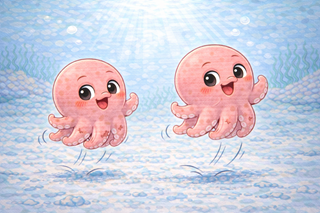
Nuance:
Light, cute, joyful
Bouncy and rhythmic
Often used in stories, songs, or kids’ speech
Used for:
Rabbits or frogs hopping
Children jumping up and down in excitement
Someone being bouncy, energetic, or playful
Describing a springy, rhythmic movement
Pronunciation
pyon-pyon
(Say it with bounce and lightness — like a spring-loaded jump!)
Category
Motion
What Does “Pyon Pyon” Look Like?
A dancer hopping rhythmically
A bunny leaping through grass
A child jumping in puddles
A cartoon frog bouncing across a road

How Do You Say It?
Say it happily and with a little bounce in your voice:
Pyon pyon!
Example in Daily Life
Example: Hopping rabbit
The little bunny hopped through the garden,
ears flopping with each leap —
pyon pyon!
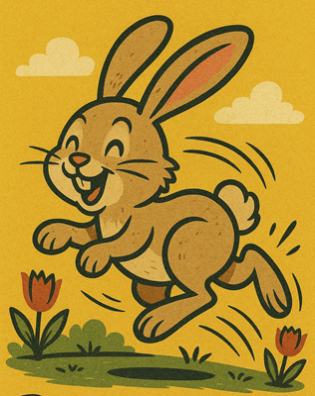
Cultural Note
In English, we might say:
- “Hop hop!”
- “Boing boing!”
- “Bouncing”
But in Japanese, “pyon pyon” isn’t just a sound —
it expresses mood, rhythm, even emotional bounce.
It’s used often in:
Manga & anime scenes featuring cheerful movement
Children’s songs
Picture books
Watch & Feel the “Pyon Pyon” World!
Feel the “Pyon Pyon” — Nawatobi
Try Using It!
Next time you:
- See a bunny or frog move
- Feel giddy and want to jump
- Watch a child bounce around…
Say it with a skip:
Pyon pyon!


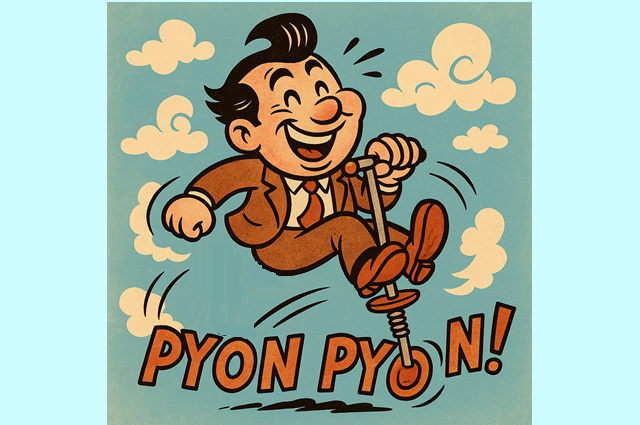

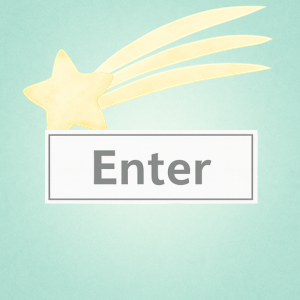
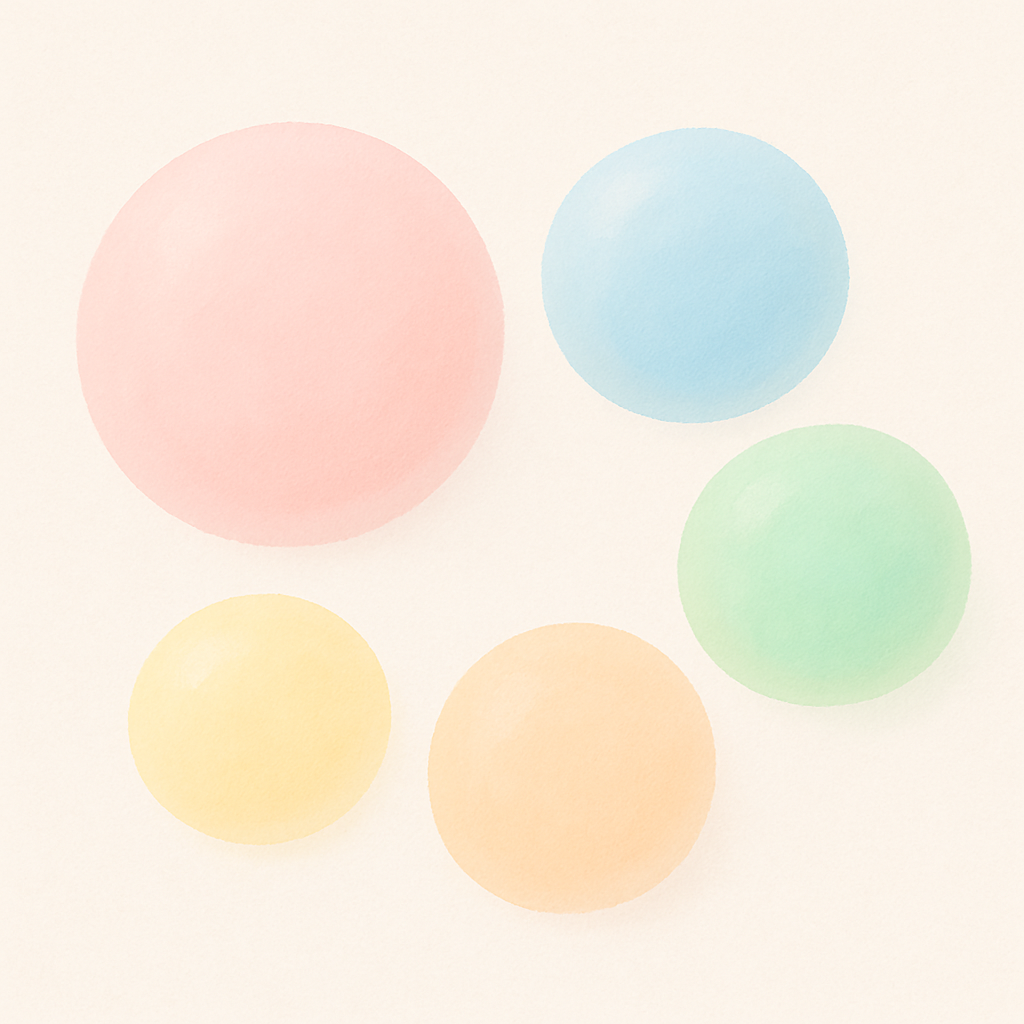

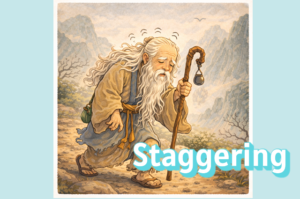
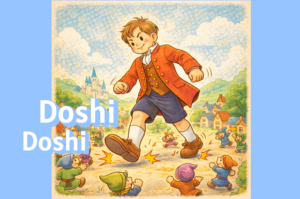
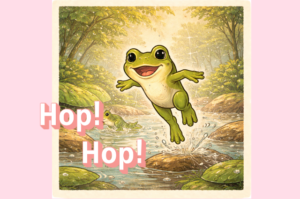
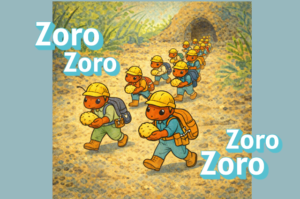
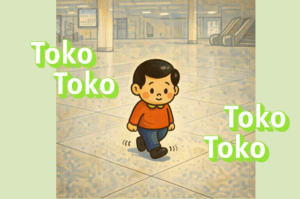
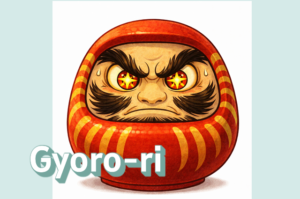
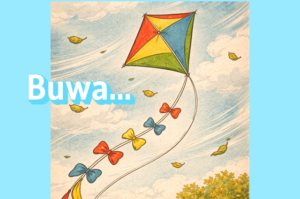

Comments